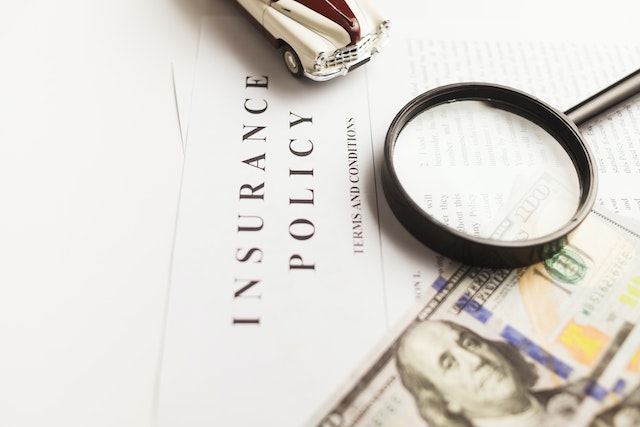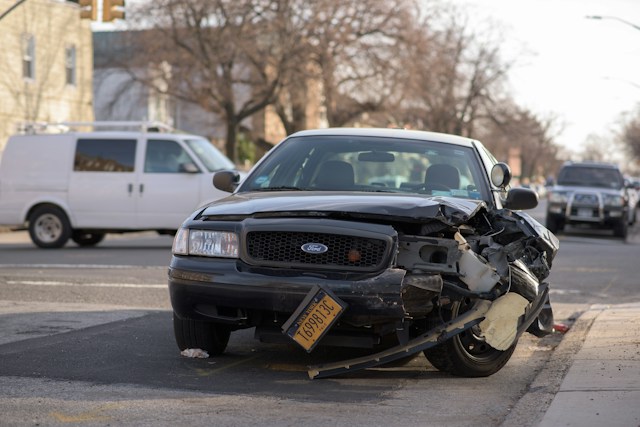Navigating the world of auto insurance can be a tricky endeavor. A question that often arises is, "What happens if you have a lapse in car insurance?" The repercussions can be pretty serious, ranging from legal penalties to higher insurance rates.
Here's a closer look at what might be in store if you let your car insurance lapse.
Defining a Lapse in Car Insurance
Before we dive into the consequences, it's important to define what we mean by a lapse in car insurance. Simply put, a lapse occurs when your car insurance coverage is terminated and not immediately renewed.
This can happen for various reasons, such as not paying your insurance premiums on time, not renewing your policy, or having your insurance company cancel your policy due to reasons like too many accidents or traffic violations.
Potential Legal Consequences
Now onto the main question: What happens if you have a lapse in car insurance?
First and foremost, driving without car insurance is illegal in most states, and a lapse in coverage means you're effectively uninsured. If you're caught driving during a lapse, you could face a slew of penalties, including the following:
-
Fines and Penalties: The immediate consequence is often a fine. The amount can vary significantly based on local laws, the length of the lapse, and if it's a recurring issue.
-
License and Registration Suspension: Some states may suspend your driving license and vehicle registration until proof of insurance is provided.
-
SR-22 Requirement: If you're deemed a high-risk driver due to the lapse, you may be required to file an SR-22, a document verifying that you hold sufficient insurance coverage.
Financial Implications of a Car Insurance Lapse
The financial implications associated with a lapse in car insurance are not to be overlooked.
-
Increased Premiums: One of the most notable consequences of a lapse in car insurance is the potential increase in insurance premiums. Insurers may view you as a high-risk client, leading to higher rates when you reinstate or secure a new policy.
-
Out-of-Pocket Costs: If an accident occurs during a lapse, you are fully responsible for all costs incurred, which can be financially crippling, considering the high costs associated with vehicle repair and medical bills.
A lapse in coverage doesn't just have legal implications; it can also hit you hard in the wallet. Insurance companies view drivers with a lapse as higher risk, which means your insurance rates could skyrocket when you try to secure a new policy. This rate increase can stick with you for years, making it much more expensive in the long run.
Here's another kicker: Having a lapse in coverage on your record can make it harder to get a new policy. Some insurance companies might even deny coverage altogether, especially if your lapse was due to non-payment or if you have multiple lapses on your record.
Avoiding a Lapse in Car Insurance
The best way to avoid the consequences of a lapse in car insurance is simple: don't let your coverage lapse. Always pay your premiums on time, renew your policy before it expires, and if you're switching insurers, make sure your new policy starts before your old one ends.
Frequently Asked Questions
1. What can cause a lapse in car insurance?
A lapse in car insurance can occur for various reasons. The most common is not paying your insurance premiums on time. However, a lapse can also happen if you do not renew your policy before it expires, or if your insurance company cancels your policy due to reasons such as numerous accidents or traffic violations.
2. How long can you have a lapse in car insurance?
Technically, a lapse in car insurance occurs as soon as your coverage ends without a new policy in place, even if it's only for one day. However, the longer the lapse, the more severe the potential consequences, both legally and in terms of future insurance rates.
3. Can a lapse in car insurance affect my credit score?
While the lapse itself does not directly affect your credit score, the fallout could. If you have unpaid insurance premiums and your account goes into collections, it can negatively impact your credit score.
4. How can I avoid a lapse in car insurance?
The best way to avoid a lapse is to pay your premiums on time and renew your policy before it expires. If you're planning on switching insurance providers, make sure your new policy begins before your old one ends.
5. What should I do if I’ve already had a lapse in car insurance?
If you've had a lapse, the most important thing is to get insured again as soon as possible. Keep in mind that you may face higher rates due to the lapse. In the future, take steps to ensure your insurance does not lapse again.
Conclusion
In conclusion, a lapse in car insurance can lead to a domino effect of repercussions, starting with legal penalties and ending with difficulty securing coverage in the future. So, what happens if you have a lapse in car insurance? It can be a rocky road.
Stay on top of your insurance policy to keep your coverage consistent and avoid these potential pitfalls. To learn why car insurance is mandatory, check out Keep Driving’s guide.







